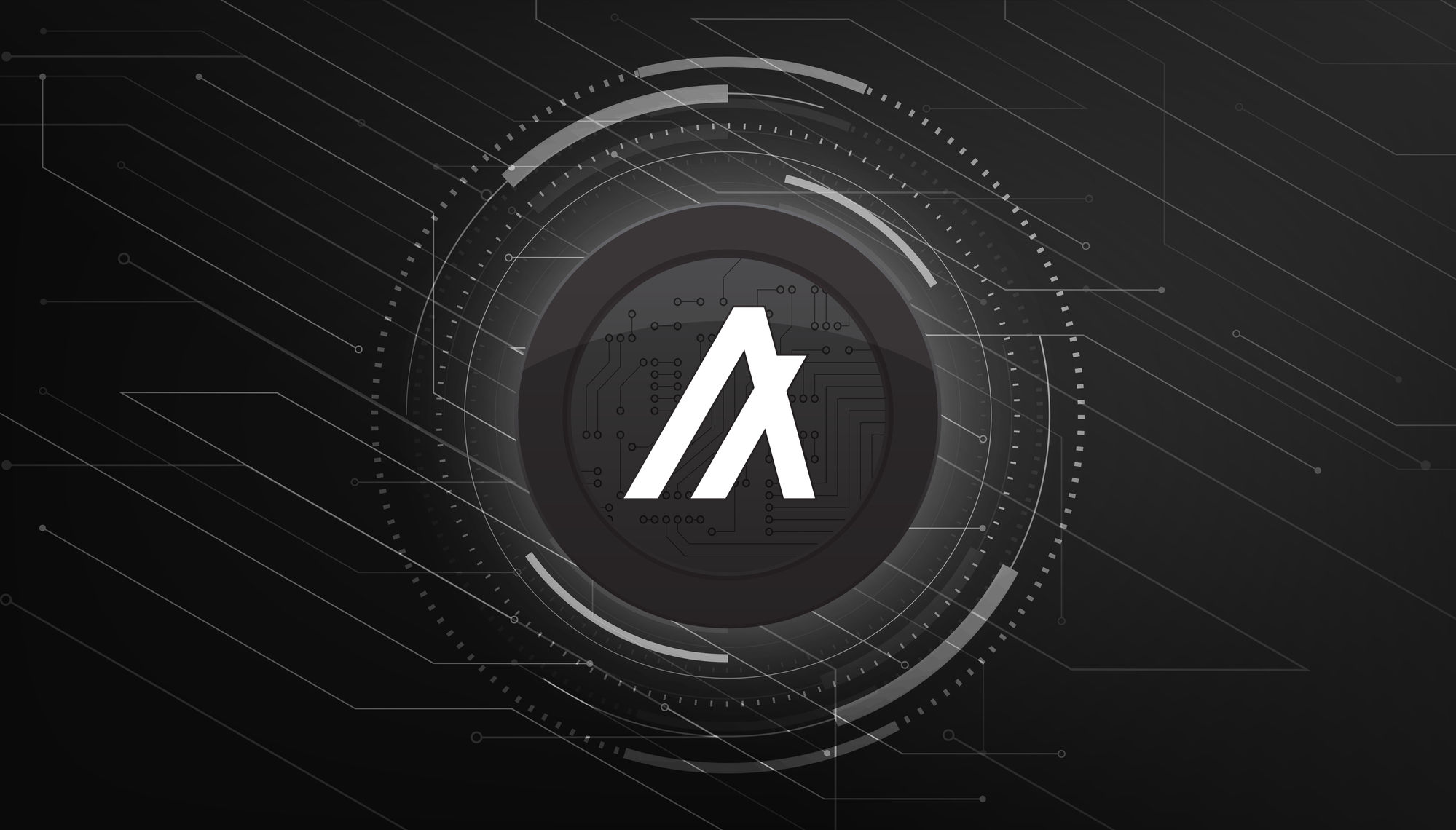- Decentralized Recovery protocol can help manage information based on secret sharing
- It brings Web3 entities together to offer an industry-standard, open-source methodology
Representatives of the Hedera and Algorand ecosystems, including the Algorand Foundation, HBAR Foundation, the Hashgraph Association, the DLT Science Foundation, and Swirlds Labs have joined forces to build a new interoperability recovery standard to simplify the adoption and recovery of crypto and other assets, Bankless Times learned from a press release.
Taking Web3 apps mainstream
Providers of Web3 applications want to make the user experience intuitive, seamless, and simple to take their products mainstream. Their goal is challenged by the fact that users need to be highly sophisticated today, willing to take cumbersome measures to secure digital assets, keys, account passwords, etc.
Enter DeRec
DeRec or the Decentralized Recovery open source protocol can help manage confidential information based on secret sharing among friends or businesses, who can help users recover their info when needed. The DeRec Alliance has set the goal of bringing Web3 ecosystem entities together to offer an industry-standard, open-source methodology that makes digital asset recovery safe and painless across wallets.
Dr. Leemon Baird, co-founder of Hedera and co-CEO of Swirlds Labs, explains:
The DeRec Alliance is a group of individuals and organizations committed to making the process of securing and recovering digital assets, accounts, passwords, and other secrets as simple as existing Web2 experiences. We encourage every blockchain and every industry to work together to create the standards and the open source code needed to bring safety to the promise of Web3, without the complexity.
John Woods, CTO of Algorand Foundation, adds:
In order for projects like Hedera and Algorand to bring their benefits to a global audience we need to maximize ease of use, and minimize risk associated with self-sovereignty. DeRec is an ambitious effort to solve one of the biggest Web3 UX issues, key ownership. And best of all, it’s been done in a way that is project agnostic, meaning it’s completely interoperable across the industry.












